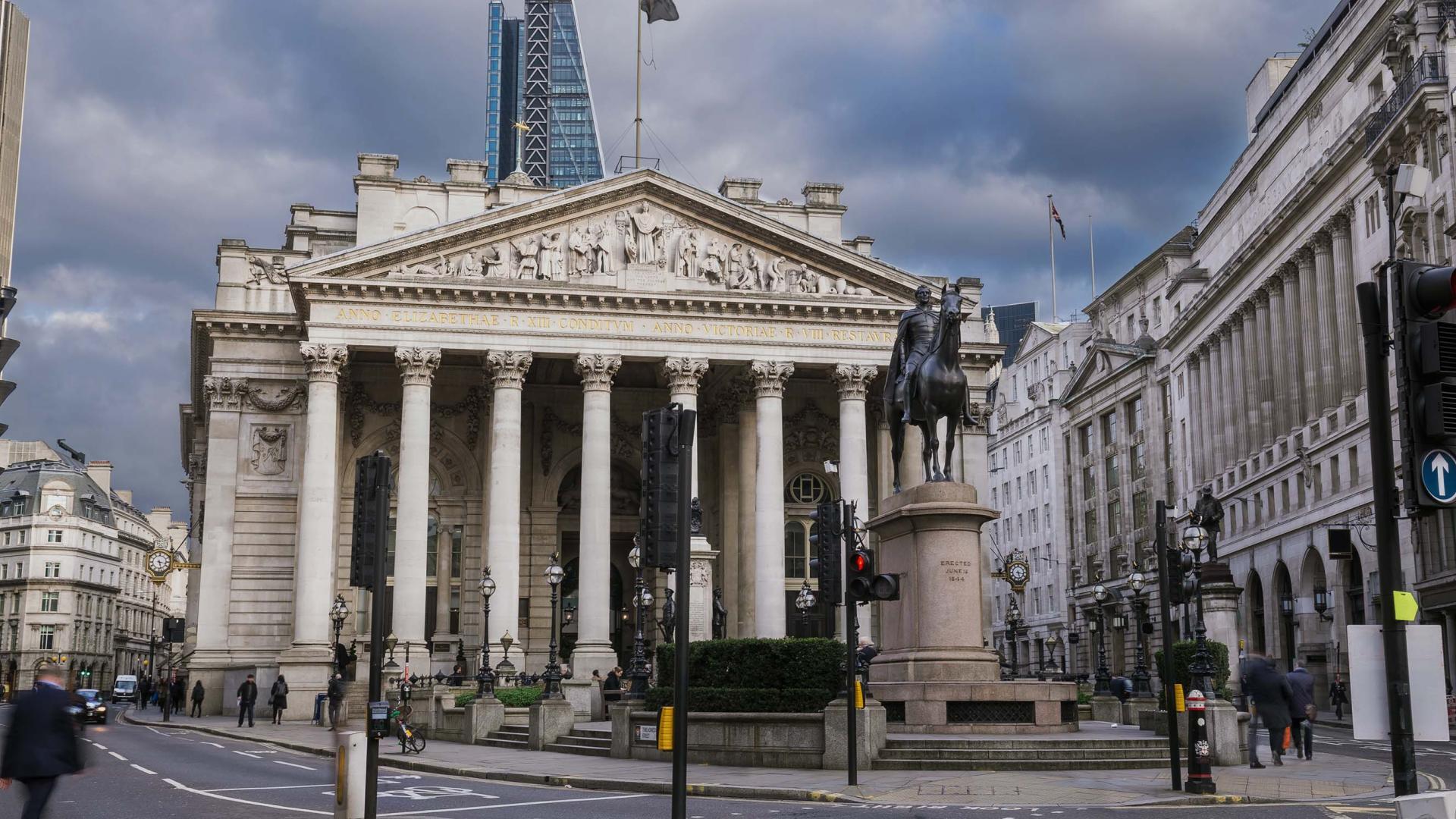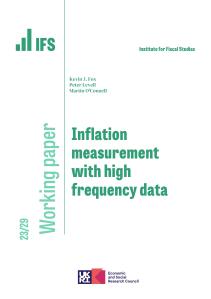Why did God create economists? To make weather forecasters look good. So the old joke goes. Or, as JK Galbraith, the famous American Keynesian, put it: “The only function of economic forecasting is to make astrology look respectable.” Pity, then, those who practise that trade.
Forecasters have had a difficult few years. The failure to foresee the crash of 2008, which prompted the late Queen to ask why economists had missed it, led to some serious soul-searching. While nobody could have asked them to forecast the Covid pandemic, failure by many to predict the high and persistent inflation that has come in its wake was less forgivable.
The Bank of England was among those that didn’t see inflation coming and, once it arrived, how persistent it would be. Its growth forecasts have bounced around more than you’d hope in recent months. To be fair, it has been willing to sit outside the consensus. I’m glad the Bank has been willing to be brave about its forecasts and not simply to go along with the crowd. But its stupendously gloomy forecasts of a few months ago now, happily, look to have been overly pessimistic.
In response, at the end of last month the Bank asked Ben Bernanke to “lead a review into the Bank’s forecasting and related processes during times of significant uncertainty”. That is a welcome act of reflection. Securing a former chairman of the Federal Reserve and a winner of a Nobel prize was something of a coup. No doubt his review will be incisive and instructive.
Meanwhile, across town sits the other official forecaster on which so much of our economic policy depends: the Office for Budget Responsibility. While the Bank’s forecasts are the basis for setting interest rates, the OBR’s set the context for tax and spending policy. Right now, its forecasts are the key constraint on the chancellor’s room for manoeuvre. The OBR judged that his budget had pushed his self-imposed fiscal rules to their very limits. How the OBR’s forecasts develop could determine whether Jeremy Hunt feels he has any room to offer a pre-election tax cut.
Some, most vociferously Liz Truss, have expressed irritation that it can be hard to get the OBR to “score” positive growth effects from policy. Tax cuts or spending increases that will raise growth will result in more tax revenue, with perhaps fiscal benefits rather than costs. But which ones will achieve that? The OBR, rightly, wants some solid evidence before it will agree to include the growth effects of policy in its forecasts. Wishful thinking will not do.
It did score a positive growth effect from the expansion of free childcare provision announced in March. Had it not been persuaded of the efficacy of the policy — largely, I should say, on the basis of research carried out by colleagues of mine at the Institute for Fiscal Studies — the full gross cost would have been scored and it would have looked “unaffordable” against the fiscal rules. But that was unusual.
The power of both the Bank and the OBR is considerable. Their forecasts affect us all, even if, as the OBR said last week, “single-point economic forecasts of an uncertain future are almost certain to be wrong”. Necessary, but wrong.
Given that, transparency and reflection are vital. The Bank is embarking on a review. The OBR engages in regular review of its own performance. Last week it published a comprehensive analysis of its record since its inception in 2010. The headline? Well, the main thing I took away was that, contrary to some perceptions, it has tended to take a rather rose-tinted view of the world. On average, its forecasts have been too optimistic. The same has been true, since 2010, of the Bank. So ignore those who would have us believe that the OBR (and the Bank) have been the doomsters and naysayers, talking down the economy and overstating the negative effects of Brexit. The evidence is of the reverse. If anything, they’ve been too positive.
There has been another element to the OBR’s forecasting problems, though, and that has come directly from government itself. Its economic forecasts are only one input into its forecasts of borrowing and debt. A rather big part of the reason for over-optimism in these fiscal forecasts has been the taking of published government plans at face value. It has to.
On the tax side, it has had to live with the fiction that fuel duties will rise every year in line with inflation. They haven’t done so since 2010. On the spending side, it has had to accept published plans that always suggest lower spending a few years out than is ever achieved. The latest forecasts, which predict debt falling by the most minute amount five years hence, are, for example, predicated on eye-wateringly tight spending numbers for the post-election period. I would be amazed if that is the path actually taken by public spending, but for official purposes we have to live with these fictions.
Economic forecasting is never going to be anything near a precise science. It needs to be seen for what it is: a useful but flawed guide, better than nothing but not a blueprint for the future. It needs to get better. Forecasters need to be clear and precise about the assumptions that drive their results. And, given their immense power, they need to be humble. Equally, if the whole point of the OBR was to take the politics out of fiscal forecasting, governments need to be more honest and realistic with what they say about tax and spend. Alternatively, the OBR should itself be permitted to call them out and to base its forecasts on its own more realistic view of what might actually happen.
This article was first published in The Times and is reproduced here with kind permission.










